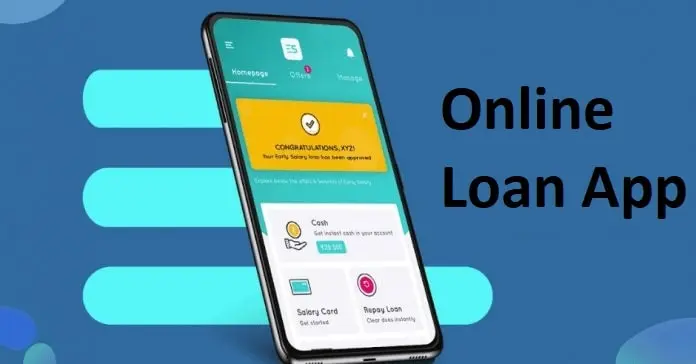Have you been considering taking the leap into homeownership or refinancing your current mortgage? If so, you’ve likely come across discussions about interest rates and how they affect your borrowing power. Understanding this relationship is crucial, as it significantly impacts how much house you can afford and the overall cost of your mortgage. In this blog post, we will explore how interest rates affect your home borrowing power, what factors influence these rates, and how you can make informed decisions for your financial future.
Understanding the Basics of Interest Rates
Interest rates are the cost of borrowing money, usually expressed as a percentage of the loan amount. When you take out a mortgage, the interest rate determines how much you’ll pay the lender over the life of the loan. Lower rates mean lower monthly payments and less paid in interest over time, while higher rates increase both.
Why Interest Rates Fluctuate
Interest rates aren’t static. They fluctuate based on a variety of factors, including economic conditions, inflation, and central bank policies. For instance, if the Federal Reserve raises interest rates to curb inflation, mortgage rates typically rise as well. It’s essential to stay informed about these changes, as they directly impact your borrowing costs.
The Direct Impact on Borrowing Power
Interest rates have a direct effect on your home borrowing power. When rates are low, you can afford a larger loan because your monthly payments will be lower. Conversely, high interest rates reduce your borrowing power, as you’ll have to pay more each month for the same loan amount.
Calculating Your Maximum Loan Amount
To understand how interest rates impact your borrowing capacity, consider this example. Suppose you qualify for a $300,000 mortgage at a 3% interest rate. Your monthly payment (excluding taxes and insurance) might be around $1,265. However, if the interest rate increases to 4%, that same loan will require a monthly payment of approximately $1,432. A higher rate means you’ll need a smaller loan to keep your payments within budget.
How HELOC Variable Rates Affect Borrowing Power
A home equity line of credit (HELOC) offers a flexible financing option for homeowners. However, HELOCs often come with variable interest rates, which means your monthly payments can fluctuate. While the initial rate might be attractive, it can increase over time, affecting your borrowing power. It’s important to understand how HELOC variable rates can impact your monthly budget and overall financial plan.
Strategies for Navigating Interest Rate Changes
Given the impact of interest rates on your borrowing power, it’s essential to have strategies in place to manage fluctuations. First, consider locking in a fixed-rate mortgage if you anticipate rising interest rates. This can provide peace of mind by ensuring consistent monthly payments. Additionally, improving your credit score can help you qualify for better rates, regardless of market conditions.
Understanding the Role of Credit Scores
Your credit score plays a significant role in determining the interest rate you receive. Lenders use credit scores to assess your creditworthiness, and borrowers with higher scores typically receive lower rates. If you’re planning to borrow, take steps to improve your credit score by paying bills on time, reducing debt, and monitoring your credit report for errors.
Exploring Mortgage Options
When it comes to mortgages, you have several options, each with its interest rate implications. Fixed-rate mortgages offer stability, while adjustable-rate mortgages (ARMs) may start with a lower rate that can adjust over time. Consider your financial situation and long-term goals when choosing the right mortgage type for you.
The Importance of a Down Payment
A larger down payment can positively impact your borrowing power. Lenders may offer better interest rates to borrowers who put down a substantial amount upfront. Additionally, a larger down payment means you’ll need to borrow less, reducing your monthly payments and overall interest costs.
Timing Your Home Purchase
Timing can be crucial when it comes to interest rates and home buying. If you’re flexible with your purchase timeline, consider monitoring interest rate trends and market conditions. Waiting for rates to decrease could save you thousands over the life of your mortgage.
Seeking Professional Advice
Navigating the world of interest rates and home borrowing can be complex. Consider seeking advice from financial professionals, such as mortgage brokers or financial advisors. They can provide valuable insights and help you make informed decisions that align with your financial goals.
The Bigger Picture
While interest rates play a significant role in your borrowing power, it’s essential to consider your overall financial health. Ensure that your monthly mortgage payments fit comfortably within your budget, and consider other homeownership costs, such as property taxes, insurance, and maintenance.
In Conclusion
Understanding how interest rates impact your home borrowing power is essential for making informed financial decisions. By staying informed about interest rate trends, improving your credit score, and exploring various mortgage options, you can maximize your borrowing capacity and achieve your homeownership goals. Remember, it’s not just about the interest rate—careful planning and financial prudence are key to long-term success.
For more information on optimizing your home buying experience and managing interest rate fluctuations, be sure to explore additional resources and consult with financial experts. Your dream home is within reach, and understanding interest rates is a crucial step toward making it a reality.













